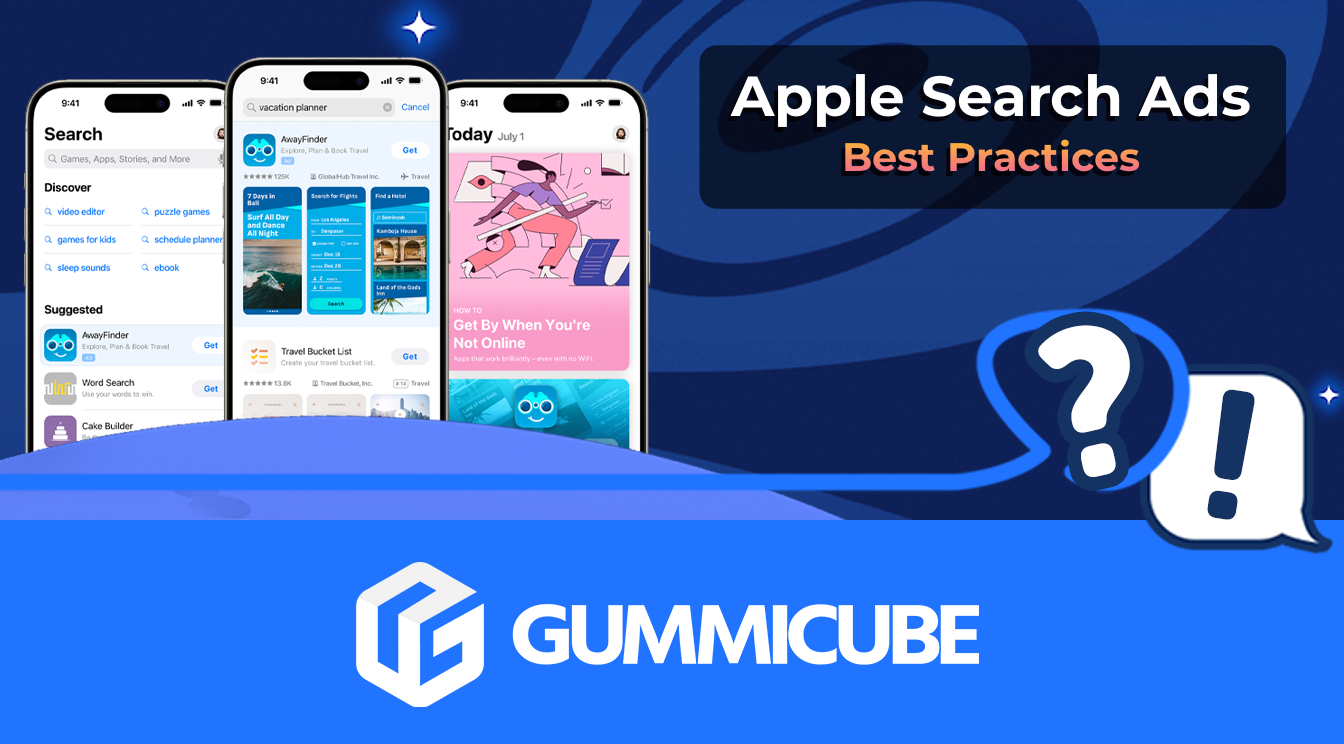
5 Best Practices for Apple Search Ads
Posted on July 3rd, 2024
Are you leveraging Apple Search Ads the right way? Take a look at these recommendations to optimize your paid campaigns and target the right users.
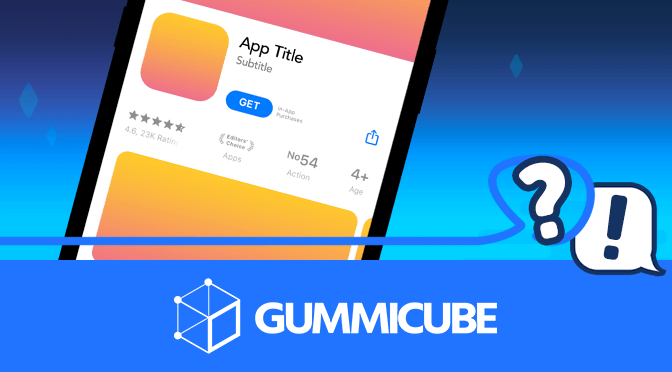
An app name sets expectations from the moment users see it in search results. The name establishes branding, while the title fields on both the Apple App Store and Google Play Store are important for App Store Optimization. With that in mind, it’s important to look at best practices for naming your mobile app.
When creating the title for your app, you should consider three things:
Apple and Google both use app names for keyword indexation. This is one reason why it’s important that the title includes terms that have high search volume and are relevant to the app.
One of the first things users see when they find your app is the title; it sets their understanding of the features the app can provide. If the title can connect directly to users’ search queries, they’re more likely to click on it or convert.
When choosing your app name, think about what keywords are most important. Keywords should have a high search volume and be directly related to the app. These can be a part of the brand name or included after as title tags.
For example, weather apps will often include terms like “weather forecast” or “weather alerts” in their titles. These are relevant and high-volume keywords, so utilizing them in the title can benefit the app for both keyword indexation and conversions.
It is possible to change the app title when you update the app. This can be done to adjust around keywords used in the title based on new features or keyword targeting. For instance, developers creating a photo editing app may want to rotate out “photo filters” for “photo effects” in the title, based on how well the app is performing for those terms.
Title tags should follow the brand name to provide additional information about the app. This serves two purposes:
At the same time, title tags should not just be a list of keywords; keyword stuffing is a good way to get an app rejected from the stores. Instead, they should be integrated in a clear, informative manner.
Use the title tags to present a value proposition. The title tags can build upon the features the app provides and present something that differentiates it from the competition.
There are some well-known apps that do not use title tags and instead rely on their name alone. Apps like Facebook, Instagram and Tinder do not use title tags, as they are recognizable brands that users are typically familiar with.
Yet even in these cases, leaving out title tags means the apps are leaving space free that could be used for keyword targeting.
On the Apple App Store, you have a 30-character space for your title. In the past, developers could use up to 255 characters. That was later reduced first to 50 characters, then later to a 30 character title and 30 character subtitle.
The Google Play Store allows up to 50 characters for the title. While this is more than the Apple App Store, Google Play does not include a subtitle.
In both cases, developers should consider utilizing as much of the space available as possible. Blank space equates to missed opportunities for targeting keywords and informing users about the app.
This may result in slightly different titles on iOS and Google Play. While Google Play apps should fit an overview of their functionality into the title, iOS apps can use the subtitle to convey the same information.
In both cases, developers should consider where the title will be cut off in search results. Apps appearing in search results may not display the entire name, so providing the most important keywords in the first fifteen characters or so is important.
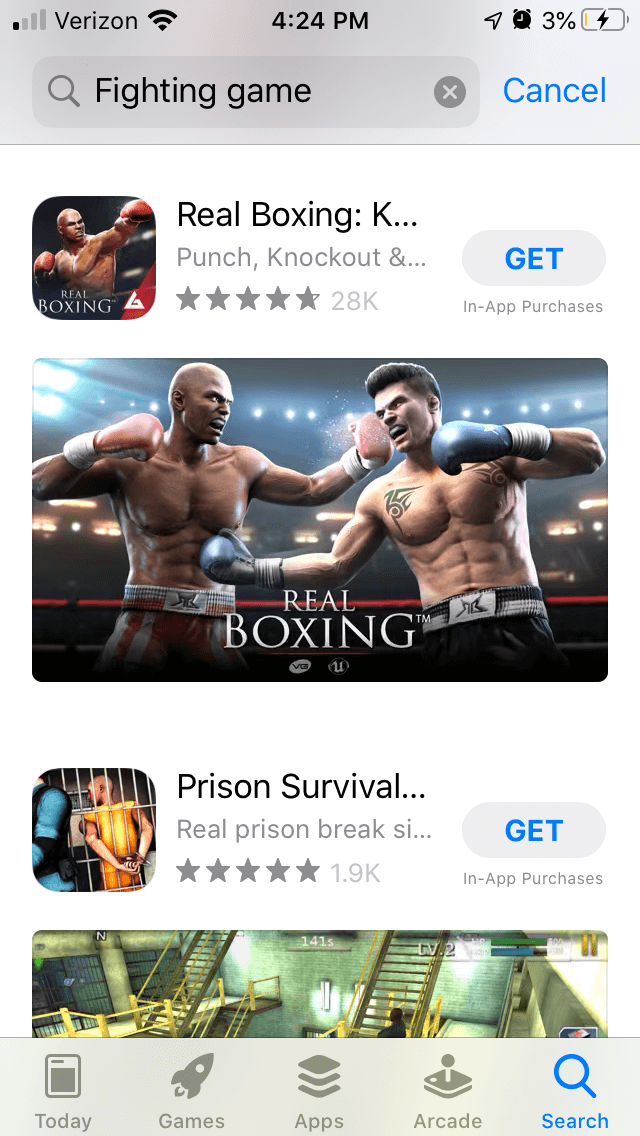
Terms truncated in the title will have less of an impact on conversion, as users won’t immediately see them. However, the keywords will still be indexed.
For a good example of app titles, we can look at a selection of apps on the App Store and Play Store.
While the Waze app is recognizable for its brand name, it still includes title tags on both the Apple App Store and Google Play Store. For the App Store, its full title is “Waze Navigation & Live Traffic.” On Google Play, it’s “Waze – GPS, Maps, Traffic Alerts & Live Navigation.”
These titles make full use of the space provided and use title tags to both target important keywords and inform users about the purpose of the app. However, it does double up on the “traffic” keyword in the title and subtitle, which is not recommended.
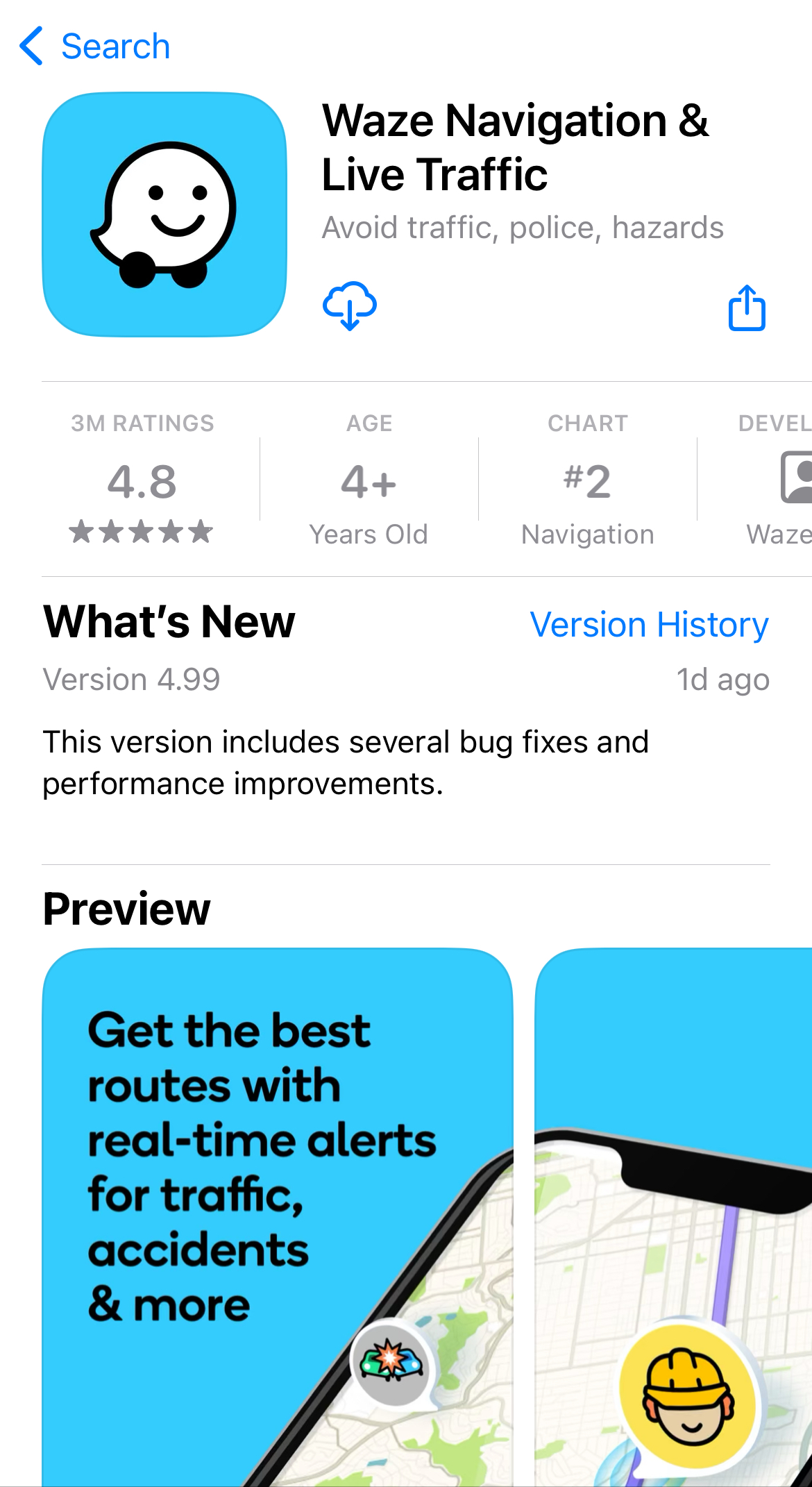
What’s in a name? Quite a lot, in fact. An app by any other name may have the same features, but it will not have the same App Store Optimization.
An effective app name should feature keywords in a way that’s informative and makes the most of the character space provided. Including value propositions can help differentiate the app from its competitors.
A strong name is the first step towards an App Store Optimization strategy that helps an app rank high and convert users.
Want more information regarding App Store Optimization? Contact Gummicube and we’ll help get your strategy started.

Are you leveraging Apple Search Ads the right way? Take a look at these recommendations to optimize your paid campaigns and target the right users.
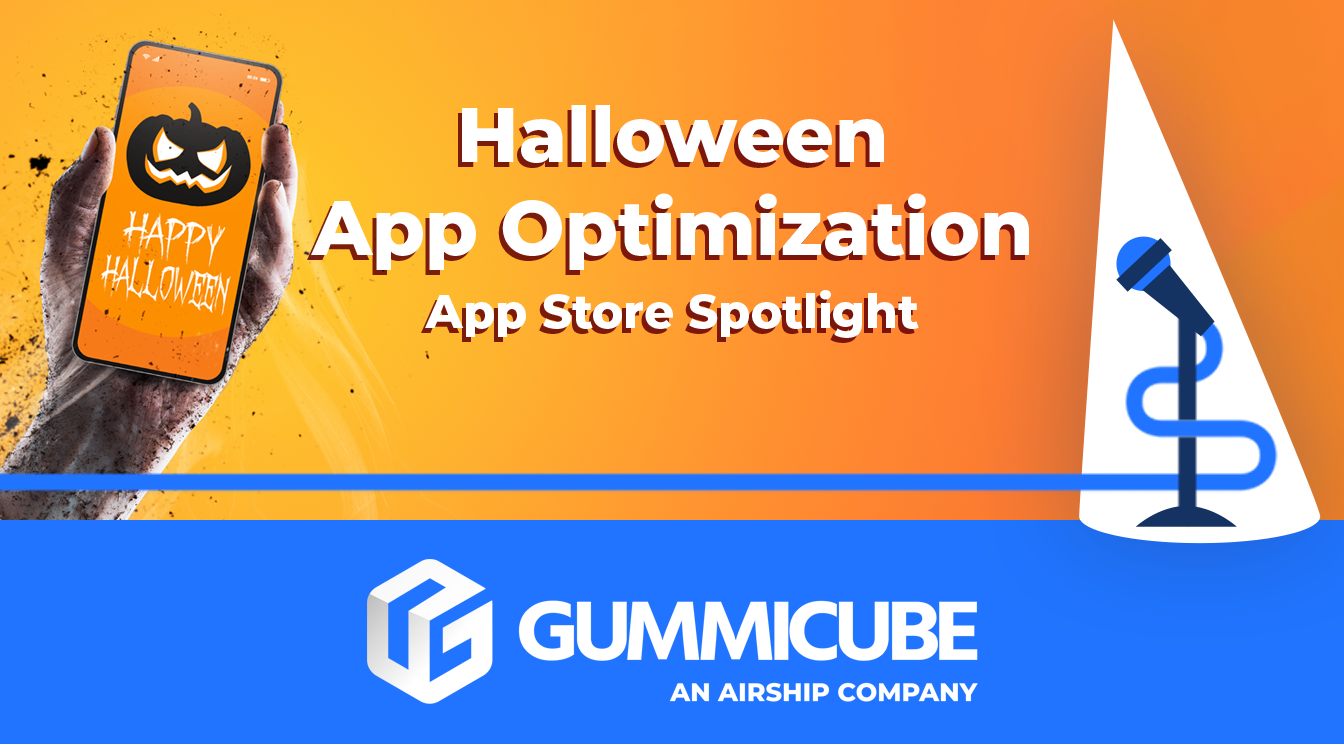
Ghostly happenings are among us... and in your app listing too? If you aren't leveraging the power of app seasonality to make relevant tweaks to your store listing you're leaving precious engagement and conversions on the table.
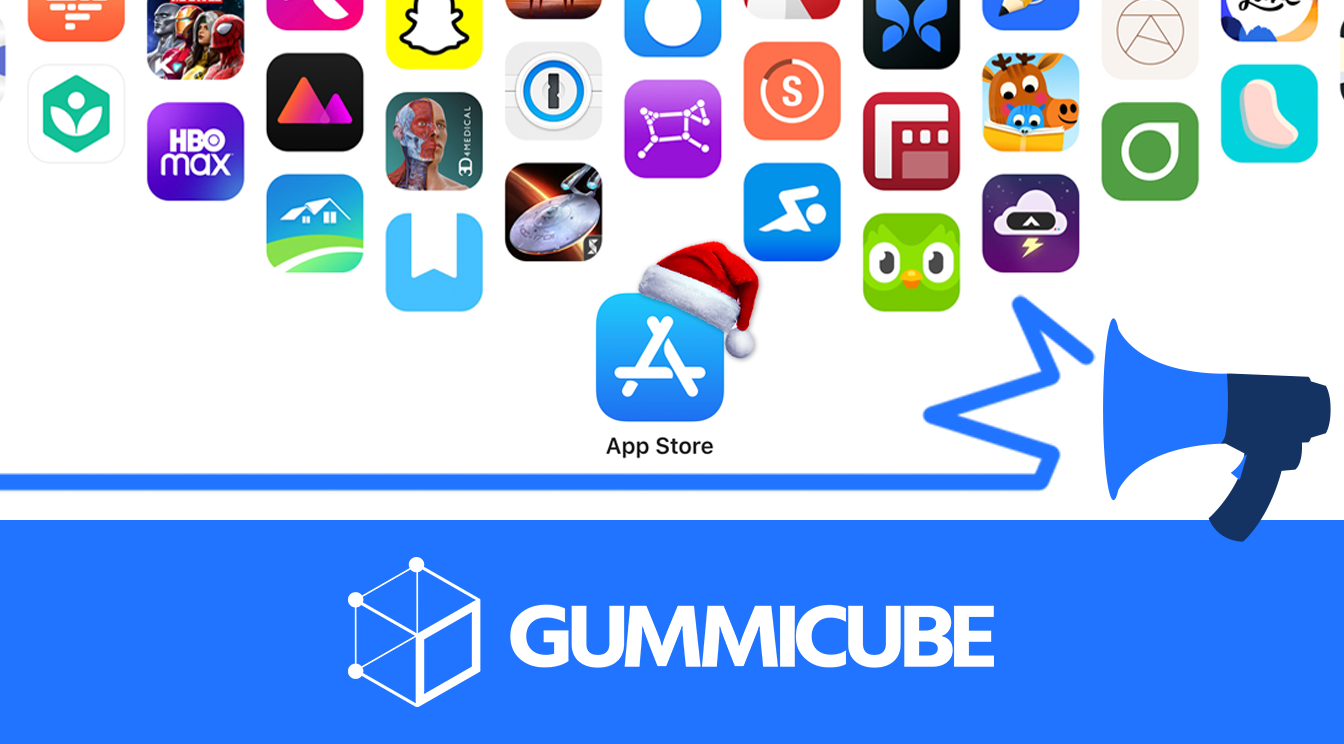
Developers on the iOS App Store should plan in advance of the upcoming Holiday Schedule to allow enough time for apps to get approved during the busy holidays.